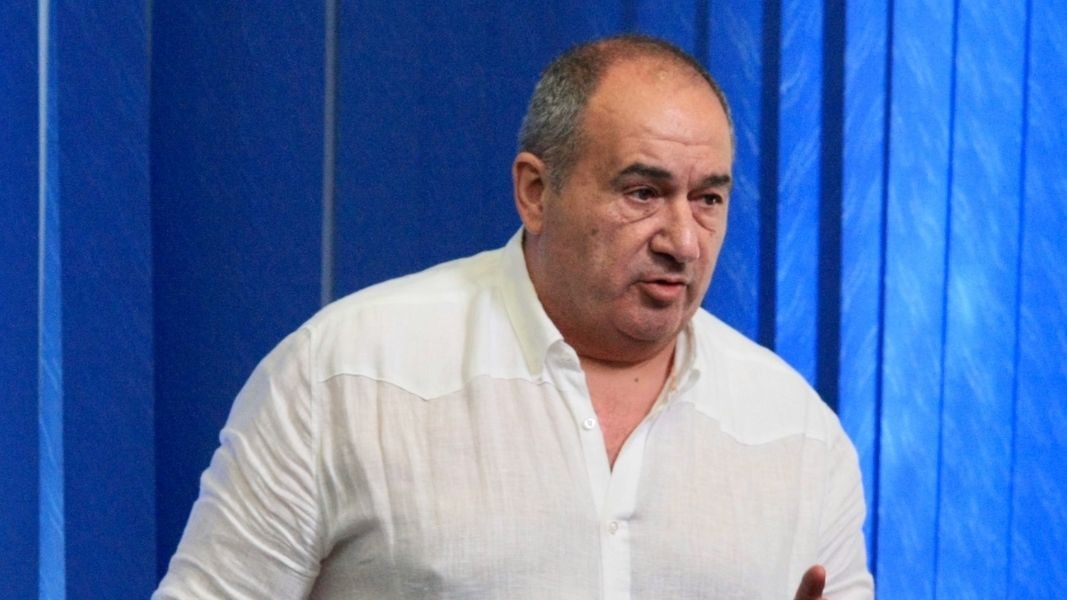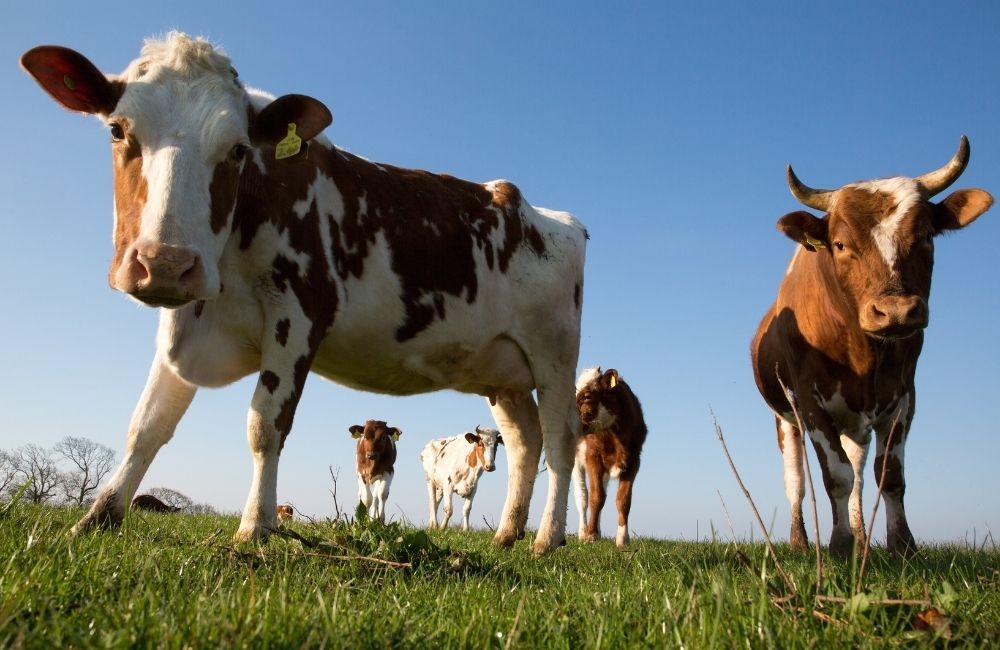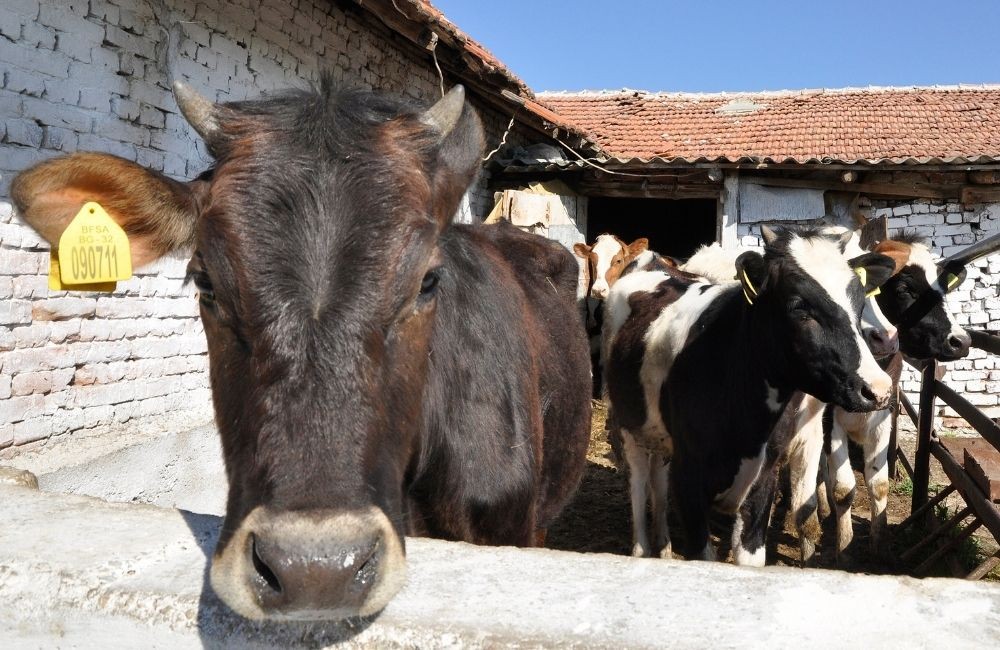Rising prices of electricity, fuel and fodder put many farmers at risk of bankruptcy. The situation with rising costs is further aggravated by farmers’ inability to service their loans and the expected state aid that has not arrived for months. That's why some of them are already considering finding a different occupation.
In order to overcome the economic consequences of the Covid crisis, nearly 50,000 farmers will be supported by about 35 million euro, the Ministry of Agriculture has recently announced. Half of the money will be directed to animal husbandry in order for 20,000 employees in the sector to be able to cover their rising costs.
If the state wants to keep the sector alive, it must immediately support it financially, Rumen Karamanov of the Association of Pig Farmers says. Initially the money would be used for buying fodder, so that the animals did not stay hungry.

"Pig farming is in a very difficult situation," he adds. “While the prices of basic food products keep going up, the price of meat is at unrealistically low level at the backdrop of the high prices of raw materials - grain, nutrients, absolutely everything that is needed for the preparation of fodder mixtures. Each producer currently loses between 20 and 25 euro cents per kilogram of live weight. I will give an example with a large swine complex - it operates at a loss of 350,000 euros a month. I don't know how long we can last, but if nothing changes, bankruptcies will follow."
Irina Nikova takes care of more than 250 buffaloes. The last time she received financial support was in the beginning of 2021 over the coronavirus epidemic. To save her farm she took a loan, but it is still unclear how she would manage to repay it.

Marina Ivanova, who takes care of cows and calves, has not received any aid for months. Just like the price of meat, the price of milk remains unchanged.
"The lack of aid will affect the farm as prices of necessary fertilizers have jumped by at least 30%. Indeed, the price of wheat also rose slightly but it turns out that our expenditures doubled. So, I don't expect anything good, especially if the year is dry."

Marina Ivanova's farm has been managing to survive and she is trying to keep the workers. They also hope for easier procedures for applying for the subsidies, so that the money reaches more people in need.
"The dairy sector is slowly reducing the number of animals and farms," Mihail Mihailov, who has animals and produces dairy products and fodder, says. “Farmers are looking in two directions - agriculture without animals, or switching from the dairy sector to the meat industry and raising cows for meat. This is a trend that has been gaining momentum. Therefore, if no measures are taken, milk production will decline dramatically."

Mihail Mihailov, like many of those employed in the sector, stands at a crossroads. He will manage to cope with available fodder but the big problem is that the bank refuses loans before the old ones are repaid. "We must talk about development, not rescue," he points out, as strategic sectors like sheep farming are literally disappearing before his eyes.
Compiled by: Diana Tsankova /based on interviews by BNR Burgas/
English: Alexander Markov
Photos: BGNESNuredin Nuredinaj comes from the historical-geographical region of Gòra in Northeastern Albania, where 90% of the inhabitants identify themselves as Bulgarians (data from the census in 2023). Over 7 thousand Bulgarians live in Albania The..
The Varna Regional Library "Pencho Slaveykov" has acquired a humanoid robot. It was unveiled by the library's director, Radka Kalcheva, during the celebration of the 20th anniversary of the library's American Corner, in the presence of Eric Brasel, the..
1000 participants will take part in the first Burgas Half Marathon, which will take place this Sunday, 24 November. The event will bring together amateurs and professionals of different ages who will compete in three distances - 1 km, 10.5 km and 21 km...
Nuredin Nuredinaj comes from the historical-geographical region of Gòra in Northeastern Albania, where 90% of the inhabitants identify themselves as..

+359 2 9336 661
